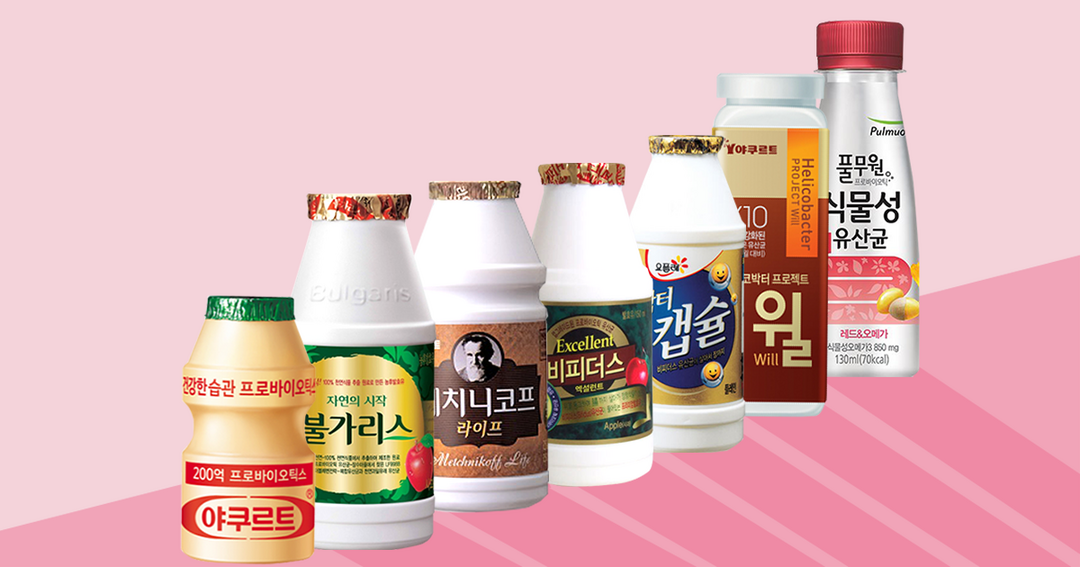
"If you were to choose just one supplement from a myriad of options," is a question often posed to health experts, who invariably include probiotics in their answers. Alongside vitamins, omega-3 fatty acids, and magnesium, probiotics have secured a steadfast place in the nutritional supplement market. While these beneficial bacteria can be consumed through fermented foods like kimchi, miso, yogurt, and soy milk, many health professionals recommend probiotic supplements, especially for infants (who often benefit from Bifidobacterium) and individuals with compromised gut health due to factors like antibiotic use or diarrhea.
It's not uncommon for people to question the efficacy of supplements, as the effects are often subtle and may take time to manifest. Consequently, individuals may discontinue use or switch products. However, probiotics frequently yield noticeable results within a few days, making them a popular choice among consumers. This tangible feedback often leads to continued purchase, even if consumers switch between different probiotic strains.
The range of probiotic products available today is astonishing. From probiotics purported to regulate blood sugar levels and promote skin health to those claimed to alleviate stress and anxiety, the potential applications of these beneficial bacteria seem almost limitless. While some of these claims may be supported by scientific evidence, others remain speculative. Nonetheless, probiotics stand alone as the most versatile nutritional supplement, influencing nearly every aspect of human health.
Why are probiotics so versatile? The human gut is responsible for a multitude of functions, including nutrient absorption, waste elimination, and vitamin synthesis. However, one of its most critical roles is in immune function. By maintaining a healthy gut microbiome, probiotics help protect against pathogens and support overall immune health. It is this fundamental connection to overall well-being that likely explains the expansive range of health benefits attributed to probiotics.
In conclusion, the pervasive belief that a healthy lifestyle is rooted in the basics is particularly relevant when considering the role of probiotics. By supporting gut health, probiotics contribute to overall well-being, making them a valuable addition to any health regimen. As research continues to unravel the complex interactions between the gut microbiome and human health, it is clear that probiotics will remain a focal point in the field of nutrition and wellness.
[Copyright (c) Global Economic Times. All Rights Reserved.]



























